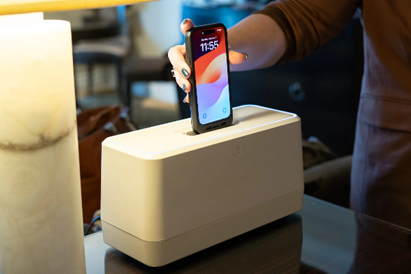The rapid rise of Artificial Intelligence has sparked global debates about the future of work, creativity, and education. These debates became especially noticeable as the media spread information about an innovative private school in Austin, Texas, where AI isn’t just a subject—it’s the core instructor. This radical educational experiment forces us to think about an important question: In a world shaped by algorithms, is the human element becoming obsolete?
The Alpha School found its mission to pioneer education’s “new frontier” by placing personalized, AI-driven software at the heart of every lesson. The tuition is steep, starting at $40,000 a year, offering a glimpse into a potential future. The model radically restructures the traditional classroom:
- AI as the Academic Instructor: Students spend their mornings on science, math, and reading, working at their own speed. The algorithm guides every keystroke, tailoring the content, pace, and depth of learning to the individual.
- “Guides,” Not Teachers: The adults in the classroom are called “guides”, not teachers, and earn six-figure salaries. Their job is not to deliver academic content, but to encourage, motivate, and mentor. They spend 30 minutes of one-on-one concentrated time with each student weekly.
- Focus on Human Skills: Afternoons are dedicated entirely to crucial life skills like financial literacy, public speaking, and project-based learning, which are supervised by the guides.
Alpha School’s founder, MacKenzie Price, argues that AI’s ability to meet students at their precise level offers a “huge advantage.” With students reportedly testing in the top 1% on standardized assessments, the model successfully separates academic instruction (the algorithm) from human connection and mentorship (the guide).
The Alpha School experiment—replacing the academic teacher with an algorithm—is a perfect microcosm of the larger global debate about AI and the workforce. The question isn’t whether AI can replace human labor, but whether it can replace human expertise. The clear reality is that AI will replace tasks, leading to the evolution, and sometimes elimination, of roles.
For the 15-to-35 age demographic, this means:
- The Automation of Routine Expertise: Tasks focused purely on delivering information, grading, scheduling, and routine content generation (the algorithmic part of teaching) are easily automated. This applies to entry-level jobs in coding, writing, and data analysis.
- The Value of the “Guide” Rises: The roles that are safe and highly valued are those centered around human elements: emotional intelligence, critical thinking, strategy, mentorship, and creative judgment. Job security will shift from “what you know” to “how you connect, inspire, and apply creative judgment.”
- The Economic Shift: The threat is not just mass unemployment, but task displacement, which increases competition and can drive down wages for jobs easily augmented by AI, fueling the growing anxiety over job instability and financial security for young professionals.
For the next generation entering the workforce, the Alpha School offers a provocative lesson: The true value of education lies in what algorithms cannot replicate.
If an AI can score in the top 1% on standardized tests, simply memorizing facts or following routine procedures becomes a low-value skill. Your competitive edge will come from the skills Alpha School saves for the afternoon: critical synthesis, persuasive communication, and moral judgment.
The future of work isn’t about competing against AI; it’s about mastering the uniquely human skills that make you indispensable to the machine. The ultimate lesson is to invest your time in learning to be human—the only job AI can’t afford to take.
The sources:






























